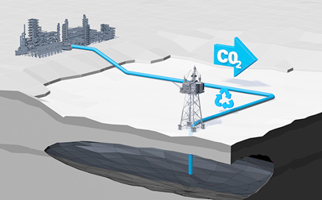The North Sea Transition Authority (NSTA) introduced new measures in 2018 to ensure operators work appropriately with the supply chain and derive maximum value from project activity.
A Supply Chain Action Plan (SCAP) is submitted to the NSTA for an initial appraisal and is reviewed at each stage of the project lifecycle. When all evaluation criteria are met, the SCAP will receive a no objection from the NSTA.
The latest version of the guidance, published in October 2024 and which can be accessed here also insists that applicants take account of the North Sea Transition Deal, in which operators signed up to reaching a voluntary target of 50% local content in projects. Applications it covers includes:
- Field Development Plans (FDPs)and Field Development Plan addenda (FDPa’s)
- NSTA response to consultation on Draft Decommissioning Programmes
- Carbon Storage Permit
- Emissions reduction projects with a capital expenditure over £10 million and do not fall under the processes above.
They are intended to help industry by promoting best practice, sharing lessons learned, promoting collaboration, advising of upcoming opportunities through Energy Pathfinder and more.
A SCAP includes information including details of the project, who is running it and what contracts will be available. It is updated throughout the life of the project and concludes with an evaluation and lessons learned process.


